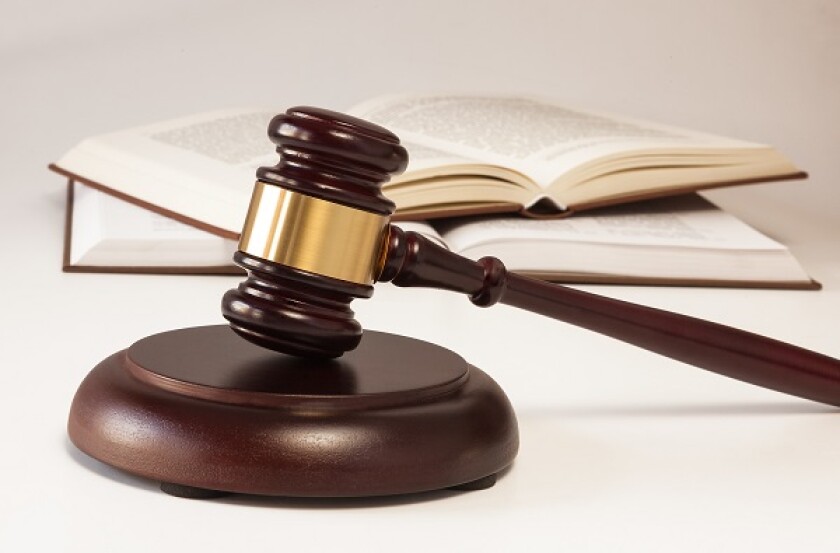There were two interesting trademark judgments in Mauritius recently. Although these judgments do not contain any groundbreaking law, they do highlight how keen the Mauritian authorities are to attract foreign investment. Part of this process seems to involve making trademark protection and enforcement easily accessible. One way of doing that is to follow foreign precedents closely, particularly UK and European authorities.
The judgments in the cases of Shangri-La Tours Ltd v Shangri-La International Hotel Management Limited and the Controller of Industrial Property Office, October 14 2019, were decisions of the Industrial Property Tribunal. They involved applications by a local company to cancel various trademark registrations belonging to a foreign company. The Tribunal found against the local company, refusing to cancel the registrations of the foreign company. A number of aspects are worth noting:
There are several references to UK and EU trademark judgments and authorities.
The Tribunal saw fit to mention that the parliamentary debates around the passing of the IP legislation in Mauritius showed "the commitment of the government to create an investment-friendly environment in the country" while also "meeting our obligations towards the international community."
Dealing with the issue of whether the name Shangri-La is non-distinctive given its fairly well-established meaning of a paradise or utopia, the Tribunal said that the word has a further and different meaning resulting from the foreign company's "unchallenged worldwide registration of marks (including Mauritius) that are branded with the words Shangri-La."
The local company claimed that the foreign company's registrations were contrary to fair trading and commercial morality – the argument was that that they gave the foreign company an unfair advantage over small, local companies. The Tribunal dismissed this claim. In doing so, it relied on various UK authorities which say that issues of morality relate simply to "intrinsic qualities of the mark itself" rather than "circumstances relating to the conduct of the applicant" or "the way in which the applicant uses the mark."
The local company claimed that it had used the word Shangri-La as a company name, and that it had therefore acquired trademark rights to it. The Tribunal rejected this claim. It said that there is a clear difference between a company registration and a trademark registration. It went on to say that a company registration does not confer on the company the exclusive right to the use of the name under the trademark legislation.
This was an emphatic victory for the multinational.

|
Chris Walters |
Spoor & Fisher Jersey
Africa House, Castle Street
St Helier, Jersey JE4 9TW
Channel Islands
Tel: +44 1534 838000
Fax: +44 1534 838001











